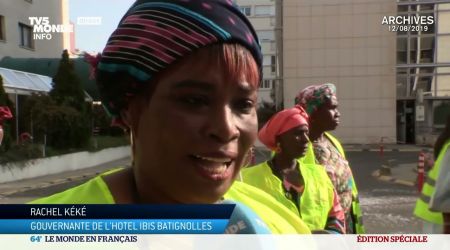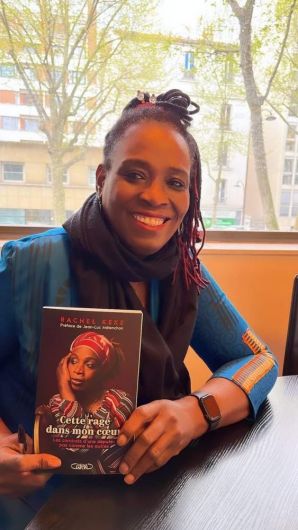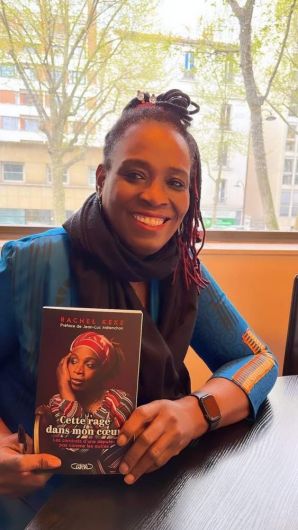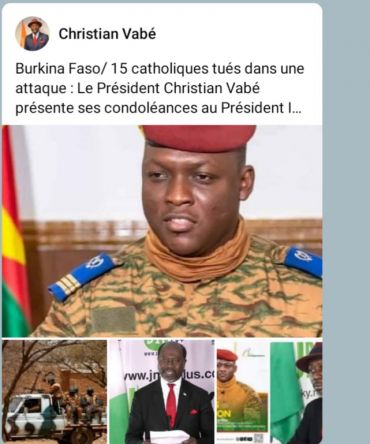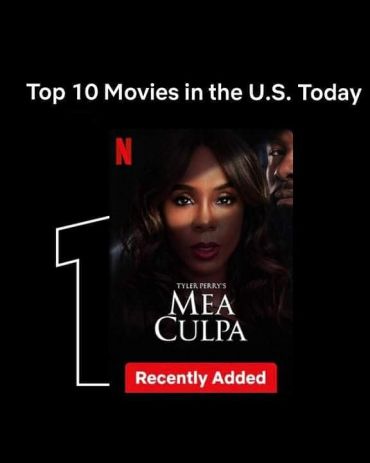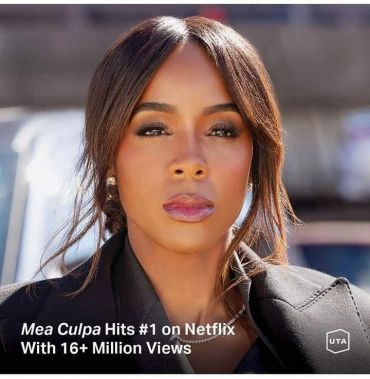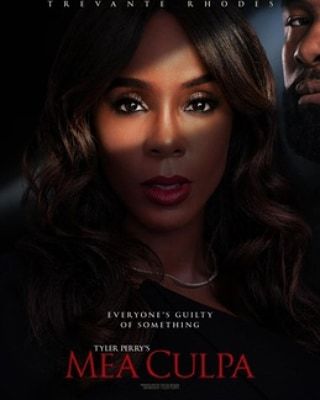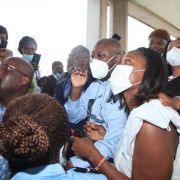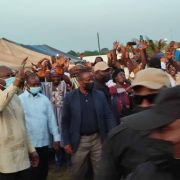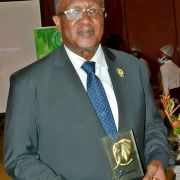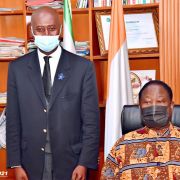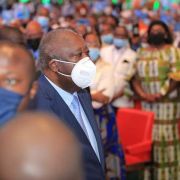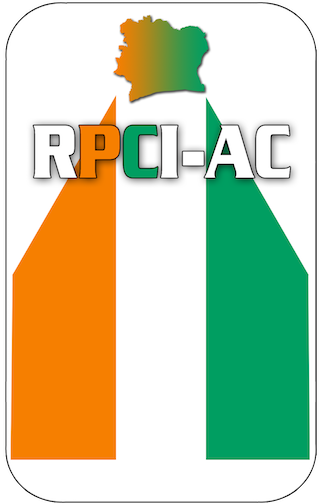Politics: US AMBASSADOR IN CÔTE D'IVOIRE WORRIED ABOUT UPCOMING 2015 PRESIDENTIAL ELECTIONS in the country
Par IVOIREBUSINESS - US AMBASSADOR WORRIED ABOUT UPCOMING 2015 PRESIDENTIAL ELECTIONS IN CÔTE D'IVOIRE.
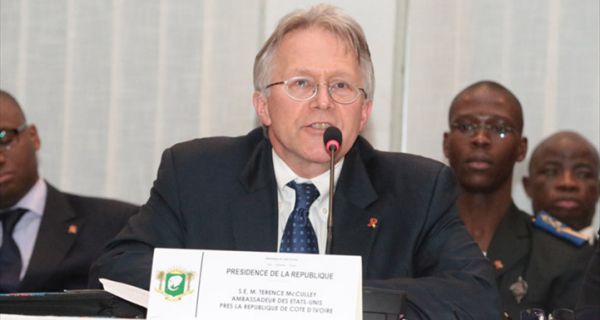
Terrence Mc Culley, the US Ambassador to Côte d'Ivoire, expressed concerns for the upcoming 2015 Presidential elections in Ivory Coast. Here is full speech delivered on Thursday at the Université Félix Houphouet-Boigny during an event during the celebration of Martin Luther King birthday.
Remarks by Ambassador Terence P. McCulley, January 23, 2014
It is a pleasure to be with you today, during a week in which we celebrate the life of one of our greatest American activists for peace and equality, Dr. Martin Luther King, Jr.
I wanted to use this opportunity today to talk a bit about the life of Dr. King and why his work and his message still resonate so strongly in the United States, now 50 years after his historic March on Washington where he proclaimed, “I have a dream.”
But I also want to talk about how Dr. King’s message may have relevance here in Côte d’Ivoire where, during a prolonged period of crisis and conflict, brothers have turned against brothers and neighbors against neighbors, fighting and killing in the name of politics, nationality, land and power. In the United States, we have spent nearly 238 years perfecting our democratic institutions and erasing shameful stains present at the creation of our nation. Our Civil War ended slavery in 1865, but full equality under the law for African-Americans required another century and more of struggle. We have also born witness to the effort to secure equal rights for women, and to recognize the rights of the LGBT community. All of this by way of suggesting that the construction and consolidation of democratic institutions is a difficult and iterative process, requiring visionary leaders like Dr. King and the commitment, courage and energy of an engaged citizenry. Despite the challenges, the United States has made the journey, and I believe Côte d’Ivoire can travel the same road. I believe your country can emerge from dark times and divisive recent history. I believe most sincerely that Côte d’Ivoire can once again be a symbol of peace, prosperity, and promise for the sub-region and the African continent.
I am a child of the 1960s, and I grew up watching the great struggles for equality led by leaders like Dr. King. If my home state of Oregon, on the west coast of the United States, was far from the front lines in Alabama, Mississippi, Georgia, Boston and Detroit, I was touched by the courage of a movement that demanded full equality for all Americans; a movement that inspired landmark legislation on civil and voting rights; a movement that created an America where we could elect our first African-American President in 2008. I’m delighted to be in Côte d’Ivoire at this critical juncture in your country’s history as the personal representative of Barack Hussein Obama, and I see enormous opportunities for U.S. engagement here. And I am fundamentally an optimist, and having lived and worked in Africa since 1985, I believe as Dr. King said that “the arc of the morale universe is long, but it bends toward justice.”
Throughout my career, I have returned to Dr. King’s words and works for inspiration and wisdom. In preparing for my arrival to Côte d’Ivoire, I was drawn to a particularly poignant line from the “I Have a Dream” speech. In delivering his passionate discourse from the steps of the Lincoln Memorial in Washington, DC, 50 years ago this past August, Dr. King insisted that the time had arrived for action.
He said, “We have come to this hallowed spot to remind America of the fierce urgency of now. This is no time to engage in the luxury of cooling off or to take the tranquilizing drug of gradualism. Now is the time to make real the promises of democracy.”
At the time that Dr. King spoke those words, he was making a call to action for social justice and civil rights for all people in the United States which is a message that still applies today. However, I believe his message of the “fierce urgency of now,” has resonance not just in 21st century America, but also here in Côte d’Ivoire, as you work together to advance peace and reconciliation, to rebuild democratic institutions and to promote economic growth.
It is indisputable that over the past two decades, Côte d’Ivoire has faced many challenges. And yet, when I arrived here a few months ago and began to meet with business leaders, government officials and everyday Ivoirians, I was struck by their fierce spirit of optimism. One has to only gaze out across the lagoon as the new bridge rises from the waters to see that change is taking place and that people are excited about the future. You see it in the new businesses, new investments and in the new people arriving every day from across the country and from all over West Africa, drawn once again to the economic engine of the region. I saw it here today, walking through the buildings and the beautiful landscaping of this campus. It seems to me that the Ivoirian people are embracing the renaissance now underway and people are working together to make it happen. They recognize that now is the time for action.
However, my experience tells me that the optimism without concrete actions is fragile. Looking ahead to the future, the 2015 presidential election is just 20 months away. And given the recent history of presidential elections here, one cannot help but harbor some anxiety about the future. But the past is history and the future lies before us. There is an urgency that now is the time to change the patterns of the past that have crippled development and hobbled this country for so many years. There is an urgency that now you can create an environment where people do not take up arms after an election, but rather the banner of hope and peace.
Now is the time for that action, and you – and young people like you – are the agents of change.
However, it is important to remember that the construction and consolidation of democratic institutions requires more than peaceful, transparent and credible elections in 2015. While much has been done over the past two and a half years to replace the damage wrought by more than a decade of turmoil in the country, much remains to be done.
Among these many competing priorities, national reconciliation, social cohesion and equitable justice remain the most pressing. I almost hesitate to use the word “reconciliation” because it has been used so much and means so many things to different people, that it seems to have lost some of the importance encompassed in that word.
Simply put, reconciliation by definition is transformative change from enmity to comity, from mutual aggression to commonality of purpose in the reconstruction of the nation. That is not as elusive a goal as some might have you believe. The political actors and traditional chiefs, civil society and the general population must all come together and, if not resolve their differences, at least decide that now is the time to start looking forward, not backwards. There is likely no way to heal all of the hurt that has been inflicted over the past period of crisis, instability and civil war. Only by looking forward can Côte d’Ivoire truly move forward.
At the same time, in order to proceed to the future, it will be essential to address the growing culture of impunity. President Ouattara has said that those responsible for serious crimes should be brought to stand for their crimes and that there will be no victor’s justice in Côte d’Ivoire. The government at all levels should keep that pledge in order to demonstrate its commitment to seeking justice for the abuses committed. One cannot have a country of laws when its population perceives that the laws are not equitably applied.
For our part, the United States is continuing to support these efforts by focusing on strengthening the institutions that enable the government to provide key services to its people and attain their confidence. In the last year, we have launched two major programs to build capacities in the legislative and judicial sectors. We are supporting a five-year, 13 million dollar program that provides training and technical assistance to help the National Assembly better fulfill its basic legislative, representational and oversight functions. We are also investing 19 million dollars to provide education and training to judicial police, magistrates and court staff to increase transparency, reduce opportunities for corruption and improve accountability.
Regarding security sector reform, we look forward this year to close collaboration on issues of defense and internal and personal security. We will also be supporting the Ivoirian government in ensuring fair and transparent elections. The U.S. is assisting with economic recovery through increased diversity, transparency and inclusiveness. Since Côte d’Ivoire re-gained eligibility to the African Growth and Opportunities Act (AGOA) in 2011, the country has exported millions of dollars’ worth of products to the U.S. duty-free. Your government is also working to improve on the indicators that the U.S. Millennium Challenge Corporation uses to determine eligibility for its funding, including fighting corruption, improving public finance, and protecting civil liberties. In so doing, the government is taking steps to address a range of economic, social and political criteria that will improve Côte d’Ivoire’s business climate and attract investors, regardless of whether the country chosen for a compact or not.
We are also working to support the health care sector through the President’s Emergency Plan for AIDS Relief or PEPFAR, which celebrated its tenth anniversary last year. Despite a decrease in HIV prevalence from 4.7% in 2005 to 3.7% in 2012, Côte d’Ivoire maintains the highest-prevalence rate in all West Africa. In Côte d’Ivoire, PEPFAR is by far the largest supporter of efforts to combat HIV and AIDS, contributing over 75 percent of all funds dedicated to HIV and AIDS in the country. However, we have to take the steps to ensure that the Ivoirian government can provide these services to their people themselves, without being so strongly reliant on other countries.
Now is the time to make that happen.
The U.S. is also working to help find and develop future leaders of Côte d’Ivoire and all countries in Africa through President Obama’s Young African Leadership Initiative. Applications are still being accepted for the best and brightest of Africa’s future to travel to the United States and learn more about how they can build sustainable democratic and economic growth, here at home.
However, it is not just programs at the national level, undertaken with the assistance of partners like the United States, which will make a difference in this country. All across Côte d’Ivoire, youth, women, civil society and traditional leaders are working to find common ground with their neighbors to rebuild and recover. And if actions by government in capitals are critical to effecting change, it is equally clear that events at the local level are of critical importance to economic recovery and growth. Without jobs, men and women cannot provide for their families. Without economic investment, jobs will not be created and infrastructure such as roads and bridges and health and education systems will be left to wither. Ivoirians must also courageously face the scourge of corruption that threatens so many emerging nations. To move forward into the future, the country must address fundamental issues designed to bring long-term prosperity, including ending corrupt practices that divert resources, sap the entrepreneurial spirit of the business community and discourage potential new investors.
Now is the time to act. Now is the time for the youth to adhere to the concept that that Dr. King discussed in 1967 when he said, “don’t give in to the slogan, ‘Burn, baby, burn.’ It should be ‘Build, baby, build,’ so you can ‘earn, baby, earn.’”
Marking the 50th anniversary of Dr. King’s speech last August, President Barack Obama noted that in the U.S., we too face challenges to our democracy. He said, “The good news is, just as was true in 1963, we now have a choice. We can continue down our current path in which the gears of this great democracy grind to a halt and our children accept a life of lower expectations…where few do very well, while struggling families of every race fight over a shrinking economic pie. That’s one path. Or we can have the courage to change. The march on Washington teaches us that we are not trapped by the mistakes of history; that we are masters of our fate. But it also teaches us that the promise of this nation will only be kept when we work together.”
The United States and the international community recognize that Côte d’Ivoire has made great strides forward to resolve many complex challenges. However, some of the more difficult decisions are left to be made. Will you have the courage to change the trajectory of the past and embrace the principles and ideals of Dr. King? As an American, and as I stated at the outset, I can admit that democracy is not an easy thing. It is a never ending journey that requires constant commitment, constant engagement and constant vigilance to keep moving forward.
So as we look to 2014, 2015 and beyond, I remind you of Dr. King’s words, “We cannot walk alone. And as we walk, we must make the pledge that we shall always march ahead. We cannot turn back.” The United States marches side by side with our friends in Côte d’Ivoire and we will not turn back as we move look forward and move forward to a better, brighter tomorrow. The time is now.
At this point, I’d be happy to answer your questions, but also welcome your own comments and observations.
Terrence Mc Culley, the US Ambassador to Côte d'Ivoire

